Guest Blog by Katie Wells IG @sunflower_inthecity
What is Caffeine?
To many, it is synonymous with energy, alertness, the jolt you need to get moving and grooving.
But what is it really?
It’s a crystalline compound (C₈H₁₀N₄O₂) that stimulates the central nervous system of the consumer. Caffeine is quickly absorbed into the blood stream and broken down by the liver. The resulting compounds primarily effect brain function, through bypassing the effects of the neurotransmitter responsible for relaxation – adenosine. This phenomenon increases the activity of dopamine and norepinephrine, boosting blood adrenaline levels.
Bottom line: Caffeine stimulates the brain and results in a heightened nervous state of alertness and focus.
Primary sources of caffeine are coffee, tea, and cacao. Approximately 80% of the world’s population (90% of North American adults) consume at least one caffeinated beverage every day. Coffee is the boost-beverage of choice for the vast majority of North American consumers. With approximately 100mg of caffeine per cup, it can provide the surge of energy needed to seize the day.
The effects of caffeine have been analyzed by many – with results indicating positive nutritional and functional benefits. Caffeine elevates cognitive alertness, which has been shown to increase memory retention for up to 24 hours. Consumption prior to a workout can decrease inflammation and increase muscle torque. It has also been shown to help regulate blood sugar levels, leading to stable insulin sensitivity and a lower risk of developing type 2 diabetes. The stimulating properties of caffeine can also fire up your metabolism, aiding in weight management. Antioxidants and polyphenols in coffee, tea, and cacao also provide nutritional benefits.
These results seem fabulous. Increased energy and a myriad of other benefits? We should all be chugging cup after cup of coffee. Right? Not necessarily.
As with most things in life, the greatest benefits are realized through consumption in moderation. The recommended caffeine threshold for an adult is 300mg per day. The equivalent of two Tall brews from Starbucks. Sipping on a small cup of coffee at the start of your day could provide the benefits discussed above. However, the average American consumes over 3 cups throughout the day. So what happens when the scale tips toward the dark side of caffeine excess?
The stimulation of the sympathetic nervous system caused by caffeine shifts the body into a fight-or-flight state of awareness. The smaller boost provided by a single cup of coffee can be beneficial in the morning when your hormones are primed for higher cortisol levels. However, continual stimulation can send the system into overdrive. Extended periods of heightened adrenaline cause physiological issues such as high blood pressure and heart rate as well as psychological downsides. Caffeine excess can increase the propensity to irritability, anxiety and panic. The problem does not lie with the chemical compound of caffeine itself, but rather continual consumption which repeatedly activates and overrides the nervous system without allowing for adequate recovery. The hypothalamic pituitary adrenal (HPA) axis is the subsystem which regulates hormones and manages stress. Over time, the heightened cortisol levels disrupt the normal patterns of other hormones, bypassing the HPA axis and ultimately causing dysfunction. The result is adrenal fatigue. The HPA axis can no longer properly manage the effects of caffeine, so it shuts down – draining energy instead of boosting it.
So what can be done? How can the benefits of caffeine be achieved without the risk of excess? For many, the answer lies in tea. The polyphenols and antioxidant properties found in coffee are also present – sometimes to an even greater extent – in various forms of tea. The world of tea also offers a vast range of choices. Different flavors. Different benefits. Different caffeine levels. At 40mg per 8oz cup, black tea contains the highest level of caffeine. With only 20mg per cup, white tea offers the least. Herbal infusions such as chamomile are caffeine free. Mindfully choosing and brewing a cup of tea can give your nervous system a gentle boost without causing detrimental fatigue.
https://www.hsph.harvard.edu/news/multimedia-article/facts/https://www.caffeineinformer.com/caffeine-content/white-teahttps://www.healthline.com/nutrition/what-is-caffeine#section2https://www.ncbi.nlm.nih.gov/pubmed/28935543https://www.ncbi.nlm.nih.gov/pubmed/27824614https://www.ncbi.nlm.nih.gov/pmc/articles/PMC5192567/ https://www.mindbodygreen.com/articles/can-caffine-make-you-tired



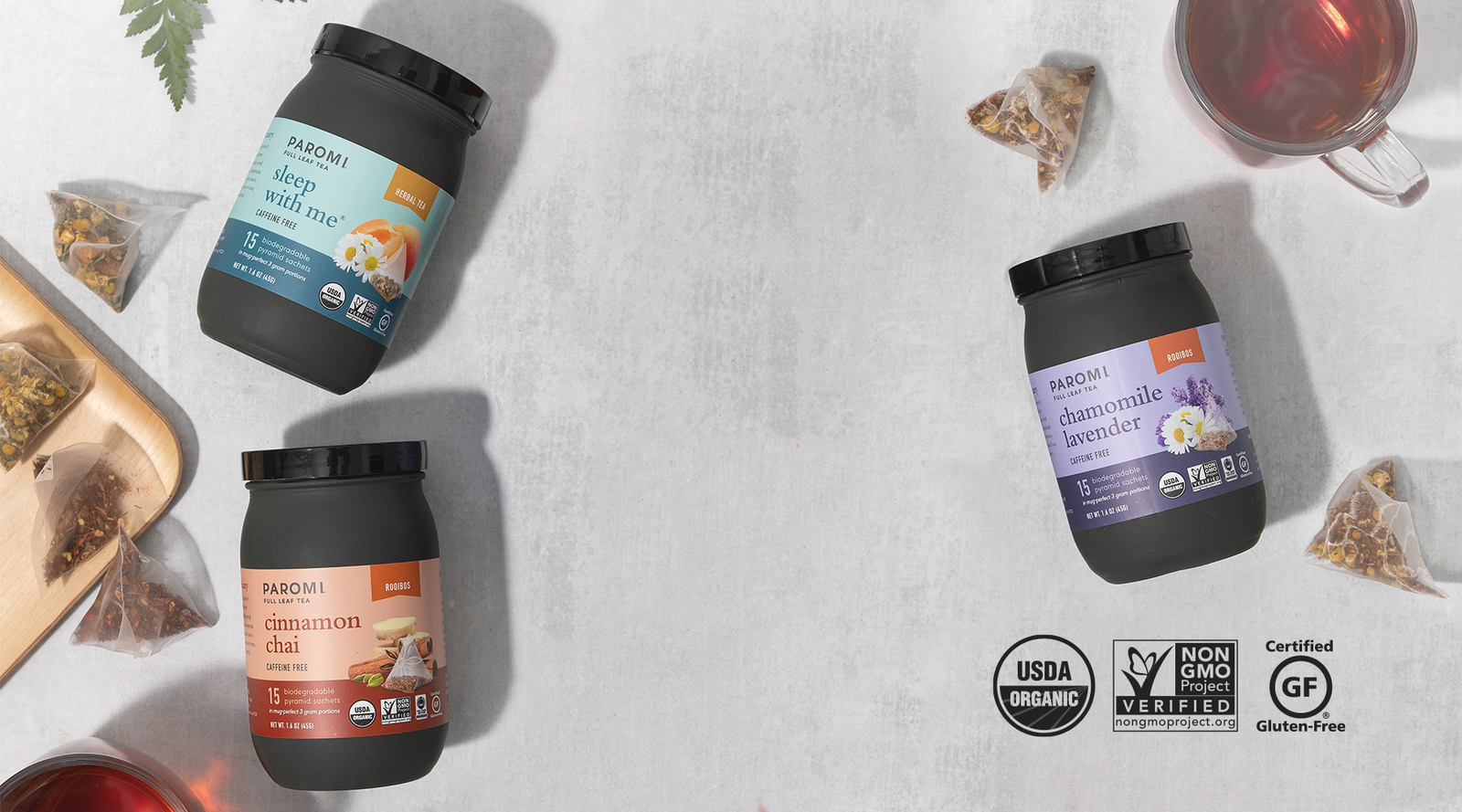
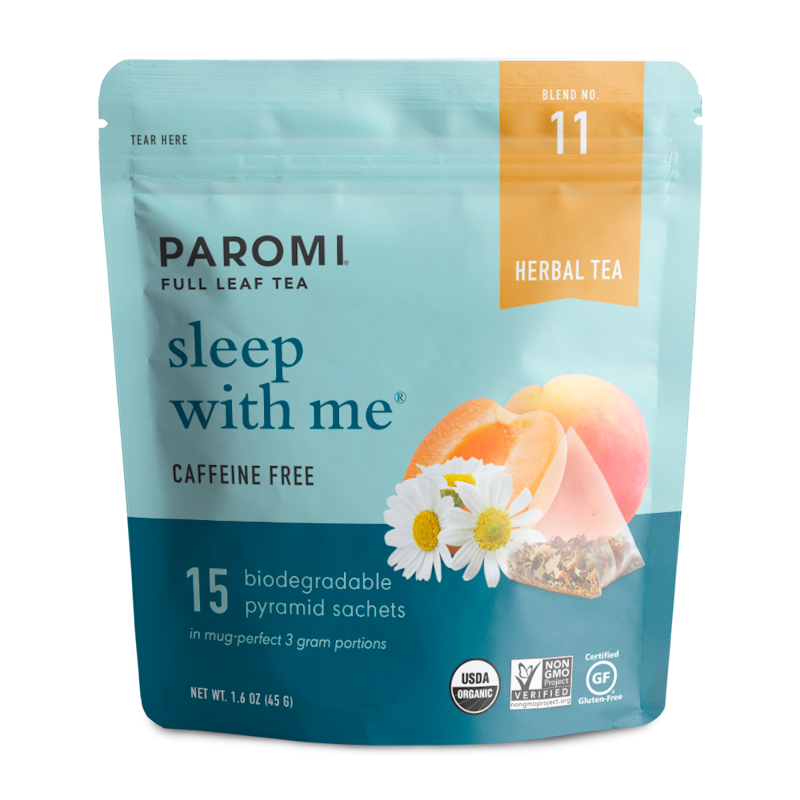
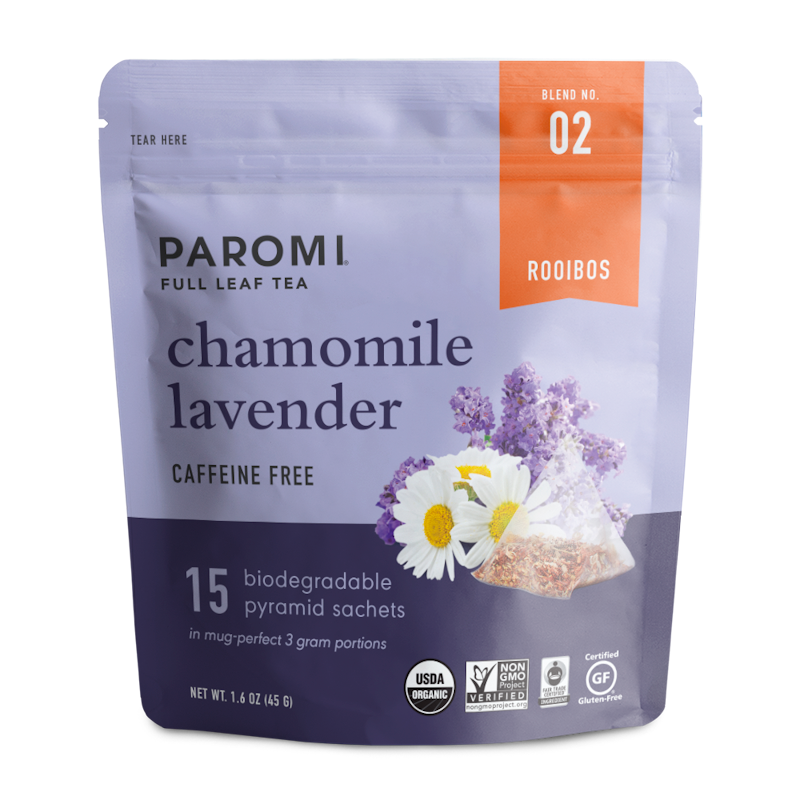
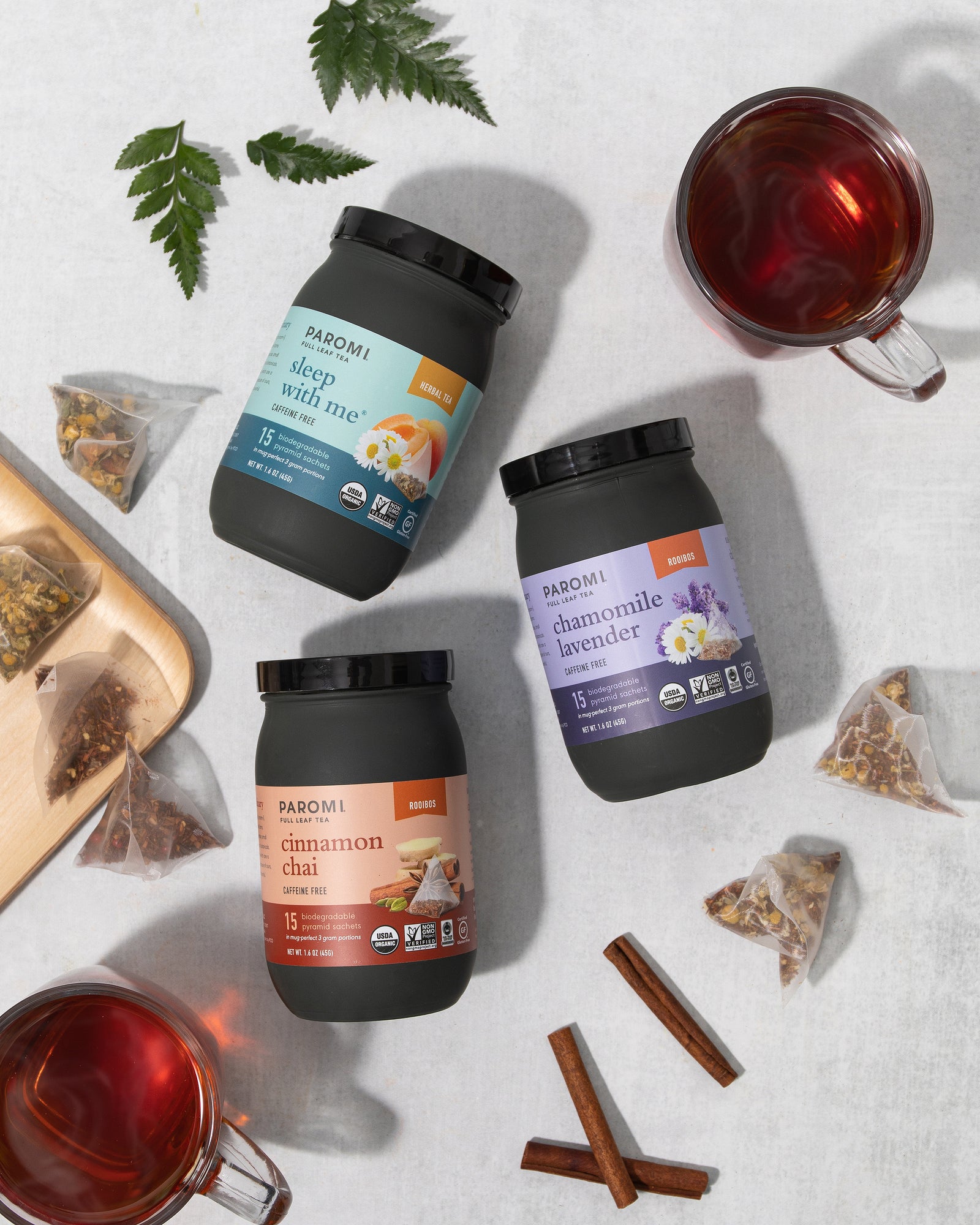
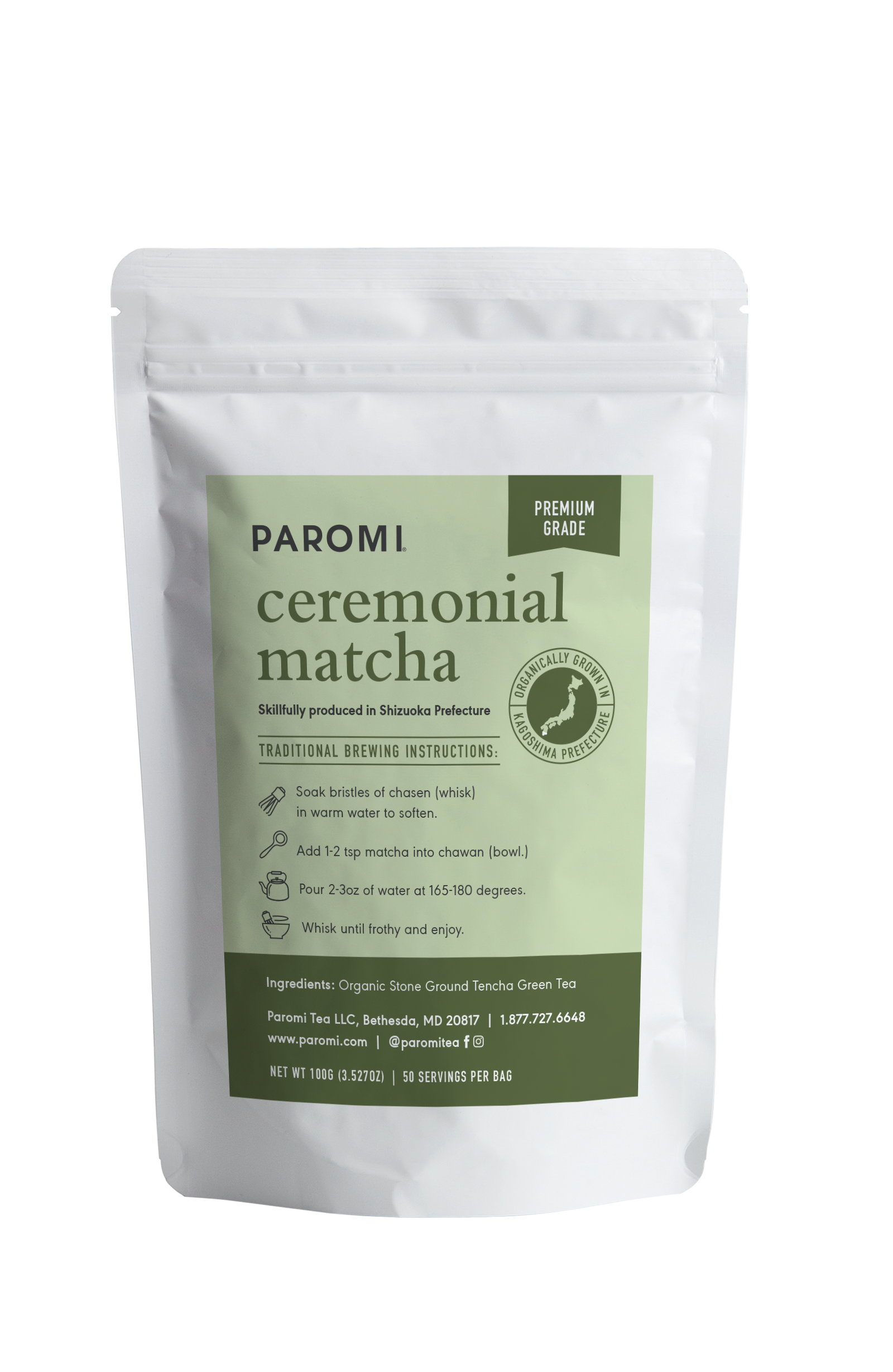
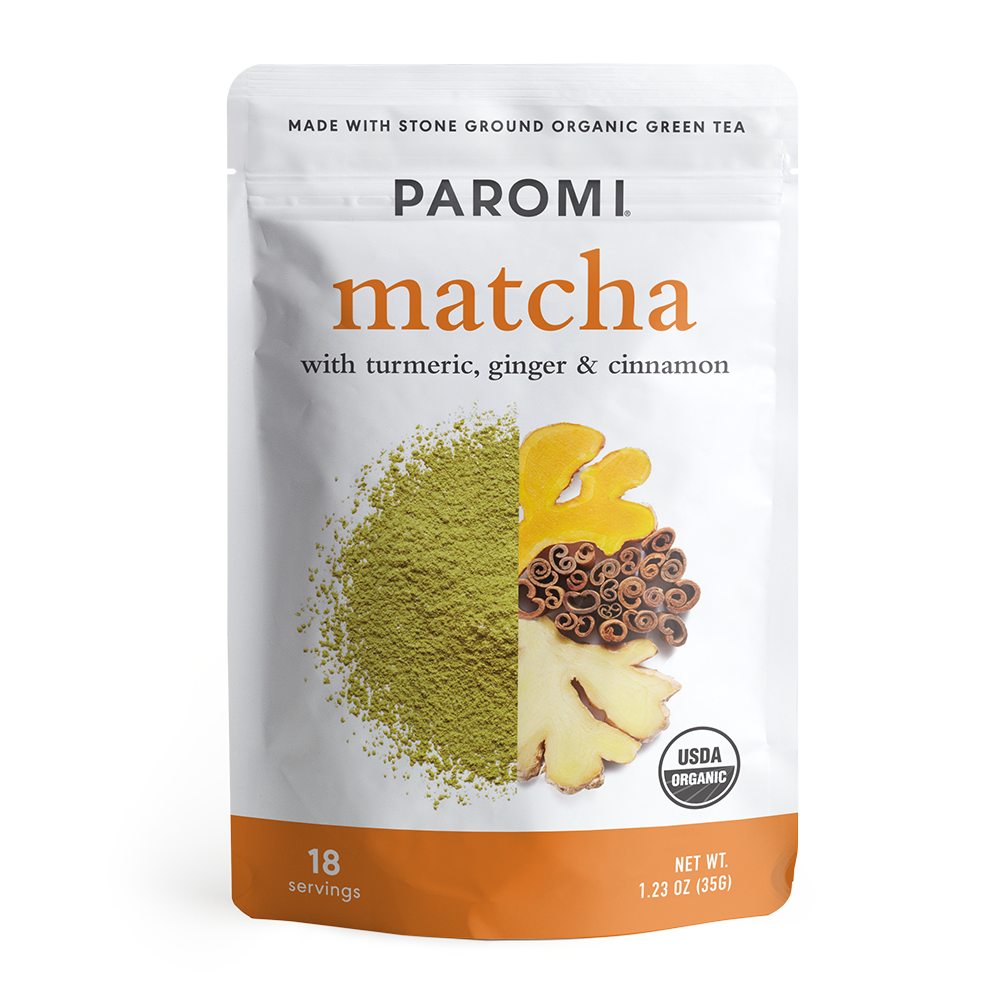
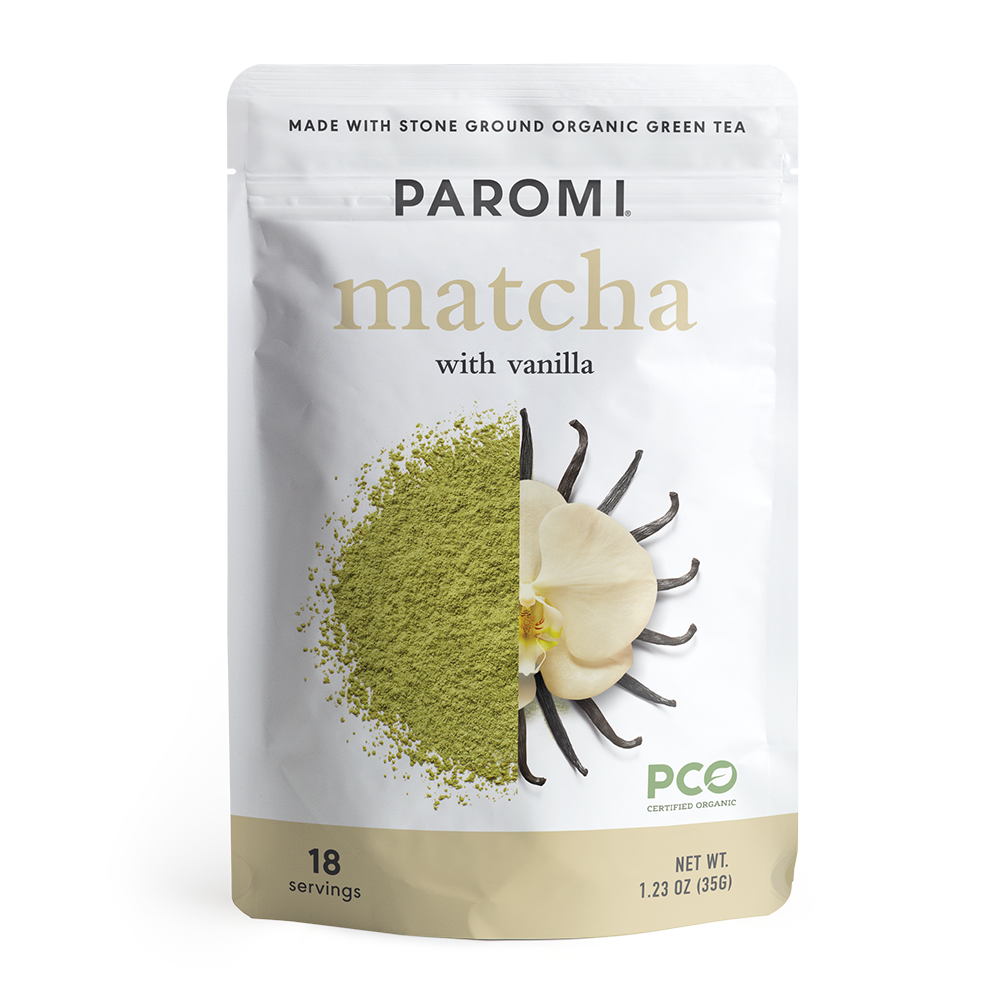
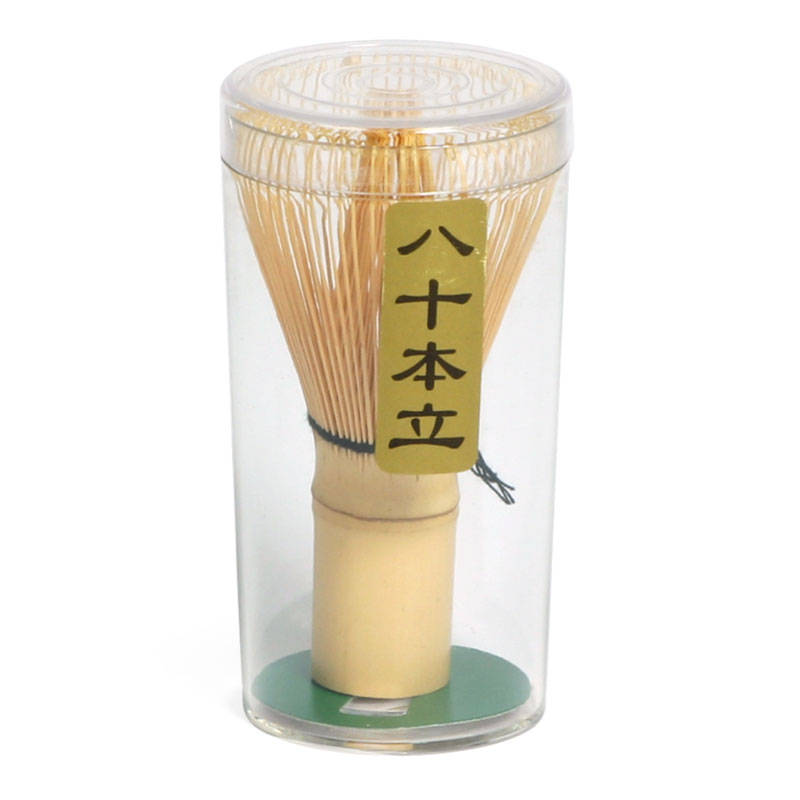

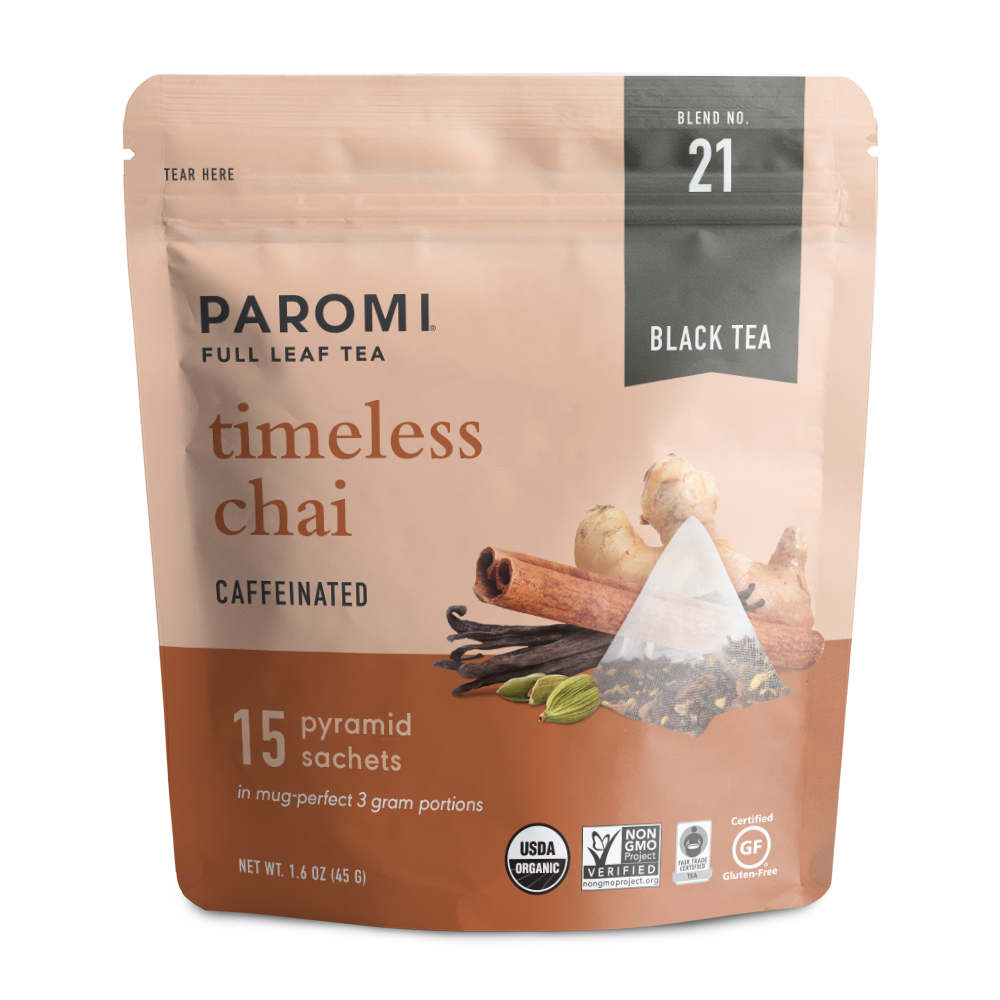
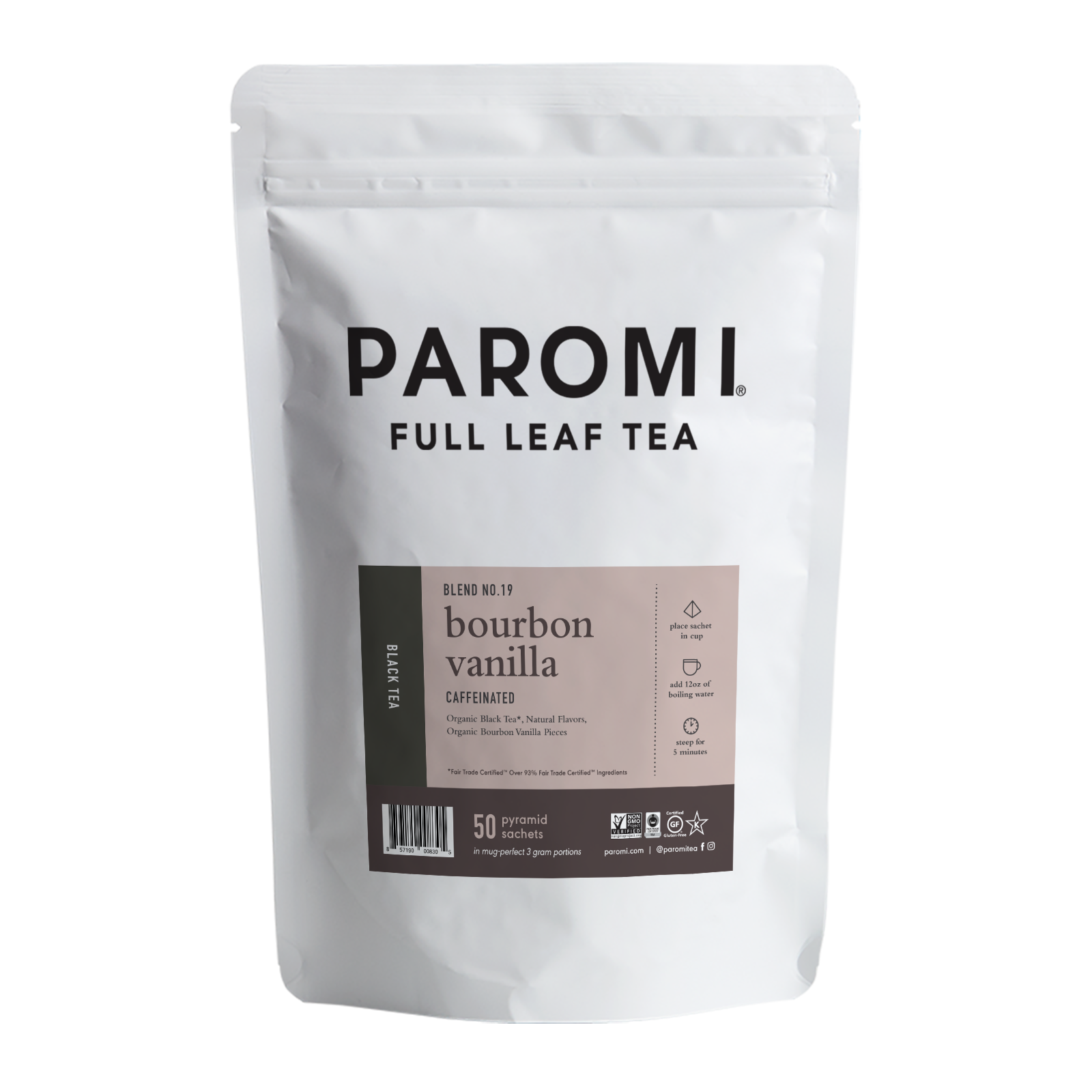
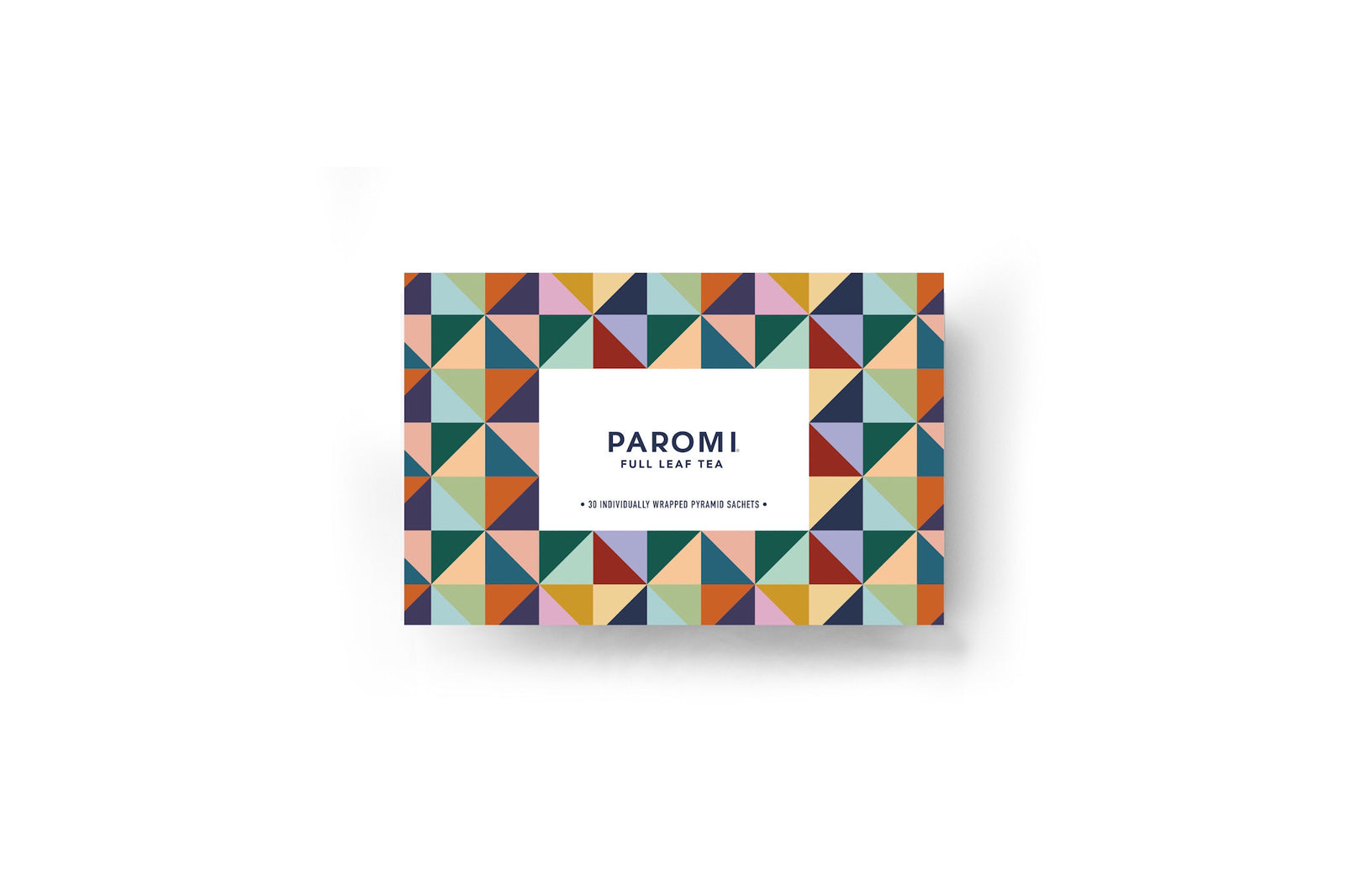
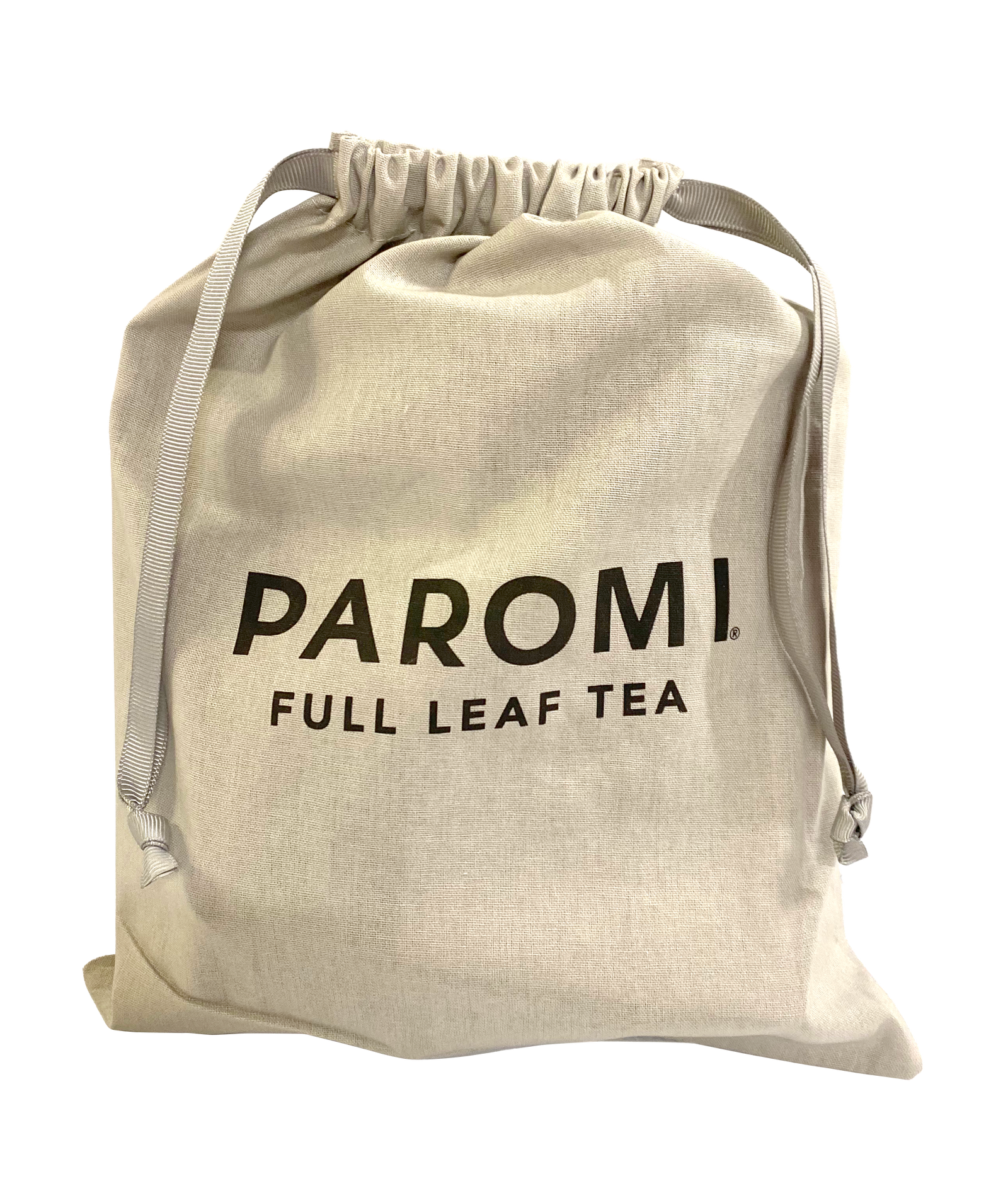





Leave a comment (all fields required)